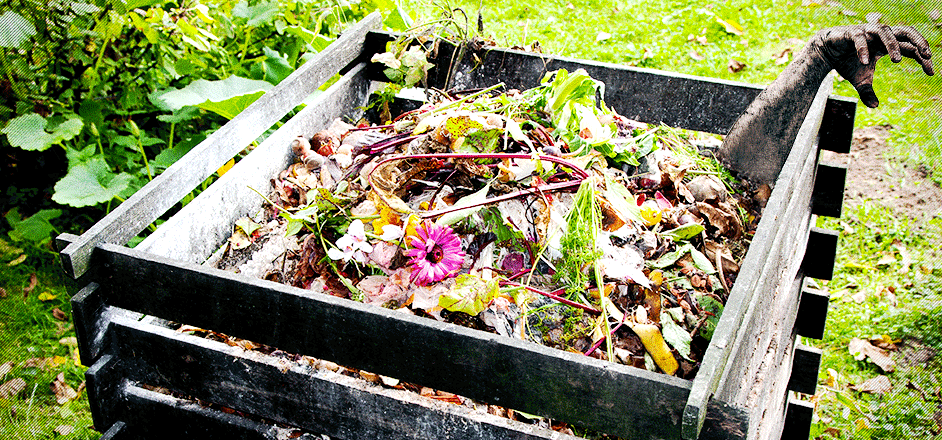If you’ve ever dreamt of being returned to the Earth as compost once your physical form has expired and you’ve passed over into the great beyond, then the great State of Colorado might have good news for you. A bill is slowly working its way through the state legislature that would allow people to turn their own human bodies into piles of fertile soil, to sow new life once they’re dead.
If HB21-006 (aka the Human Remains Natural Reduction Soil bill) passes, Colorado will become the only other state besides Washington that allows people to compost dead bodies — even though, advocates argue that it's one of the most environmentally friendly and natural ways to deal with corpses.
“It’s an innovative idea in a state that prides itself on natural beauty and opportunities,” Democratic Sen. Robert Rodriguez, one of the bill’s sponsors, said.
It really all comes down to freedom of choice, for Rodriguez. Who says that, even though it’s not something he’d be interested in doing with his own expired cadaver, it’s important for people to have that option. This is America, after all.
And realistically the process makes sense. When you’re cremated all of the stored carbon energy in your body is wasted and turned to ash; and when you’re placed in a casket, you’re embalmed with chemicals and sealed off inside a piece of litter buried in the ground.
By contrast, when you’re composted all of that energy is converted into a reusable form, that could be used to sprout new life. In the most literal sense, your energy is recycled and reincarnated.
“It just seems like a really kind of natural and gentle way to be completely returned to the earth, only on an expedited basis,” Denver resident Wendy Dobesky, told the Denver Post.
How will it be done, though? Because, even if Denver does pass legislation that legalizes composting dead bodies, people can’t just start throwing corpses into their backyard compost piles, or burying them in the family garden patch. That would be indecent. There needs to be qualified, certified experts, to turn your physical form into fertile soil scientifically and professionally.
That’s where Recompose comes in. They are a professional service that offers “natural organic reduction” services for human bodies in Washington state. They take dead bodies, load them into “cradles” and then put them in vertically stacked vessels, on a bed of wood chips, alfalfa and straw. Those vessels are then kept at 131-degrees for at least 72 consecutive hours, rotating occasionally to mix up all the composty-goodness.
At the end of the process, all that’s left is a single cubic yard of soil: you.
However, Colorado's proposed bill does outline a few rules regarding how human compost can be used in a garden. First and foremost, separate composted remains cannot be mixed without the explicit prior consent of both deceased parties; second, no human compost could be used to grow food for human consumption; and third, human compost could not be sold.
So, if you had any notion of using your grandma’s body to sow a harvest of cherry tomatoes or jalapeno peppers, you’ll have to think of a different way to use the those remains. Perhaps try growing a cherry blossom tree, or plant a patch of wildflowers, or grow your very own cannabis. (That's not technically “consumption” is it?)
Anyway, you know what they say: from dust to garden soil — we're all headed for the same place. Might as well grow some plants along the way.



Leave a Reply
You must be logged in to post a comment.